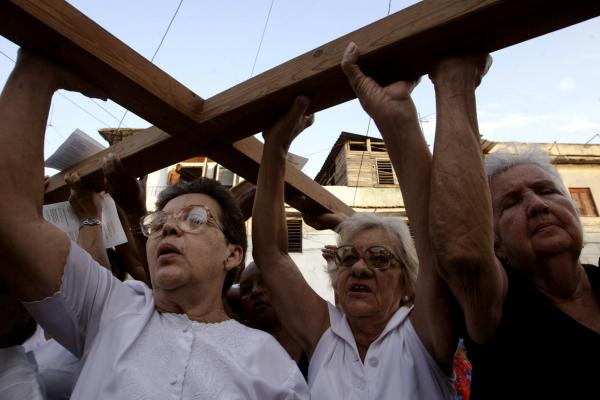Jan 19, 2024
On my first trip to Cuba in 2022, I met Jorge González Nuñez, president of the Movimiento Estudiantil Cristiano de Cuba (MEC). I asked how he would describe the situation the Cuban people were living in, impacted by the U.S.’ decades-old trade embargo and other policies introduced by the administrations of former President Donald Trump and President Joe Biden, from a theological perspective. His answer stuck with me.
“The Cuban people are going through a crucifixion,” he said without hesitation. “It is hard to have hope.”
He paused and then added, “But there is resurrection.”
Read the Full Article

Already a subscriber? Login
